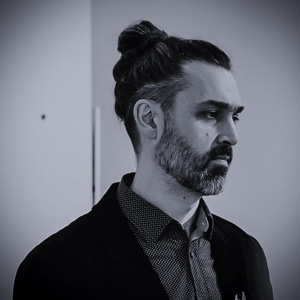
Name and Surname
Danijel Matijević
Affiliation
Center for Holocaust and Genocide Research in Southeast Europe, University of Rijeka
Contact email
danijel.matijevic@mail.utoronto.ca
Short Biography
Danijel Matijević earned a PhD in history and Jewish Studies in 2023 at the University of Toronto, where he researched the global history of genocide and mass violence in the 19th and 20th centuries with a focus on Southeast Europe. His dissertation dissects Ustašism, the ideology of the Ustaša movement, and local dynamics of ideological diffusion and intergroup relations in the context of mass violence and genocide. Among a series of research grants and fellowships, Matijević was the recipient of Vanier Canada Graduate Scholarship, the most prestigious doctoral-level academic award in Canada. His research received further support from the Conference on Jewish Material Claims against Germany, the Holocaust Educational Foundation at Northwestern University, and Fondation de recherche du Québec – Société et Culture. Matijevic presented his work at a number of academic conferences, including Lessons and Legacies and the International Association of Genocide Studies. He has extensive teaching experience in modern history and history of the Holocaust, most notably at McGill University.
Research abstract
I want to propose a research project that revolves around the history of Kampor concentration camp on the island of Rab. During its existence in 1942-1943, Kampor held more than 15,000 prisoners whom Fascist Italian authorities considered “undesirable” in political, ideological, racial, or ethnonational terms. I intend to write an English-language academic article on the massive rescue operation of some 2,500 of the camp’s Jewish prisoners, which the Yugoslav communist resistance movement put into motion after Fascist Italy’s capitulation in fall 1943, anticipating the German conquest of their former ally’s holdings in East Adriatic. Beside the rescue operation itself, which had been organized by Partisan leadership, the housing of the Jews of Kampor was a complex operation in itself, dependent on intergroup cooperation and a focus on coexistence, involving the efforts of ordinary people from the entire spectrum of Croatia’s and the wider region’s diverse ethno-confessional groups. This is the aspect of the story of the rescue of Jews of Kampor that I aim to explore in greater detail, situating the event into the broader European context of rescue operations during the Holocaust.
